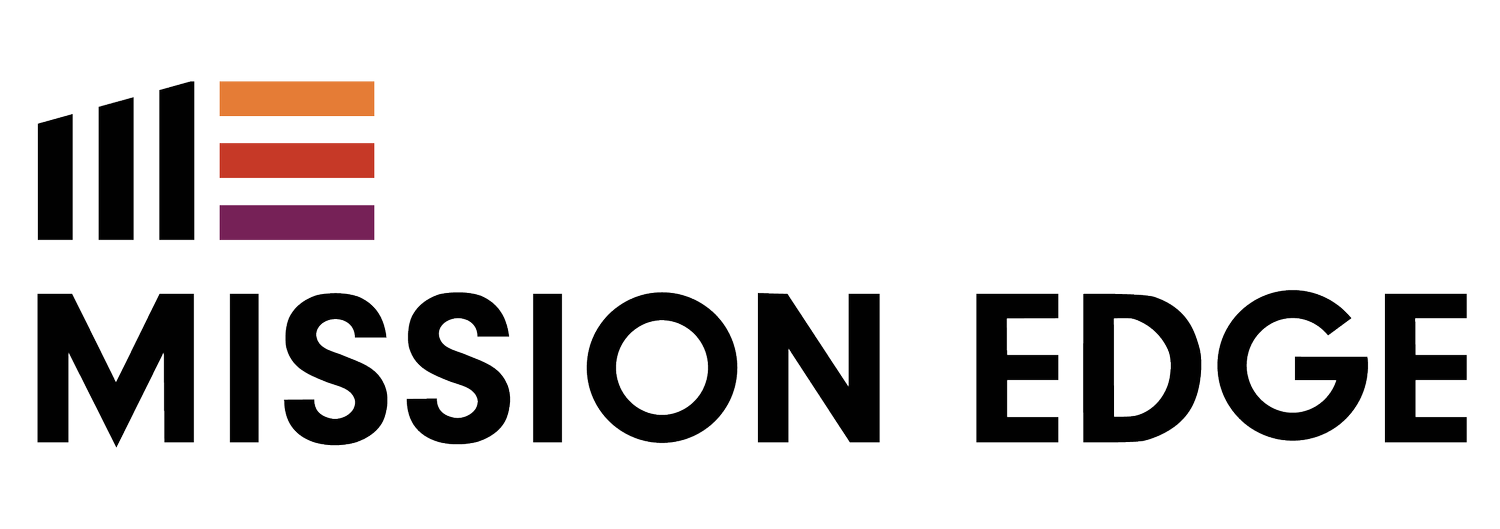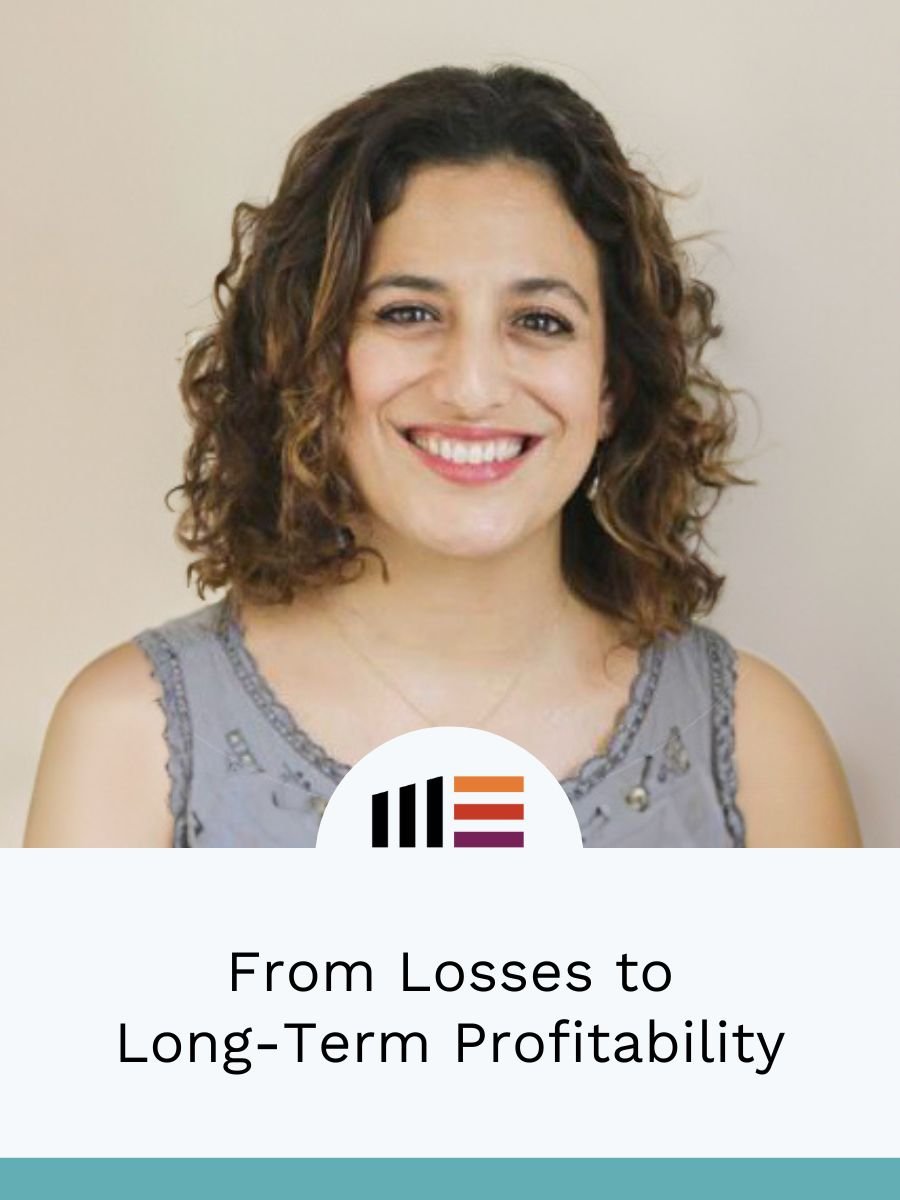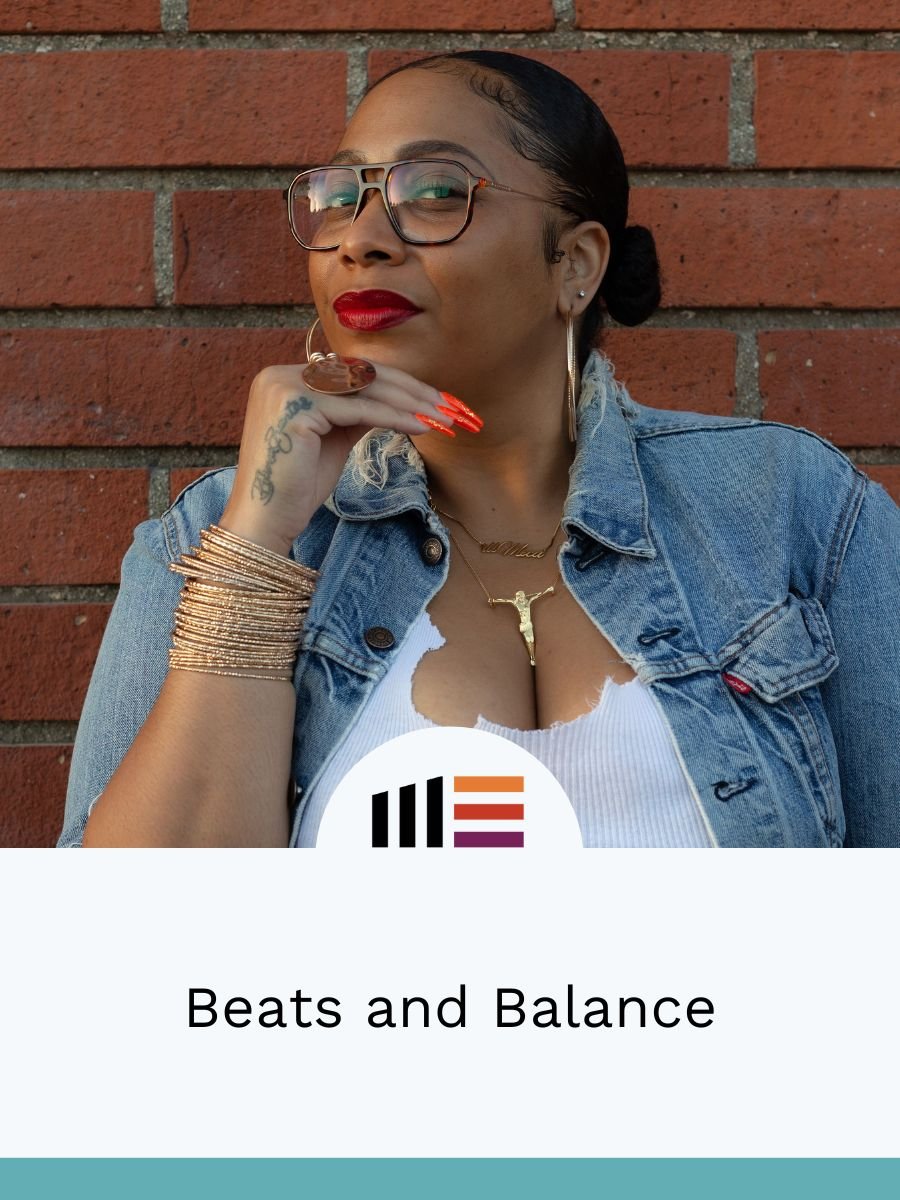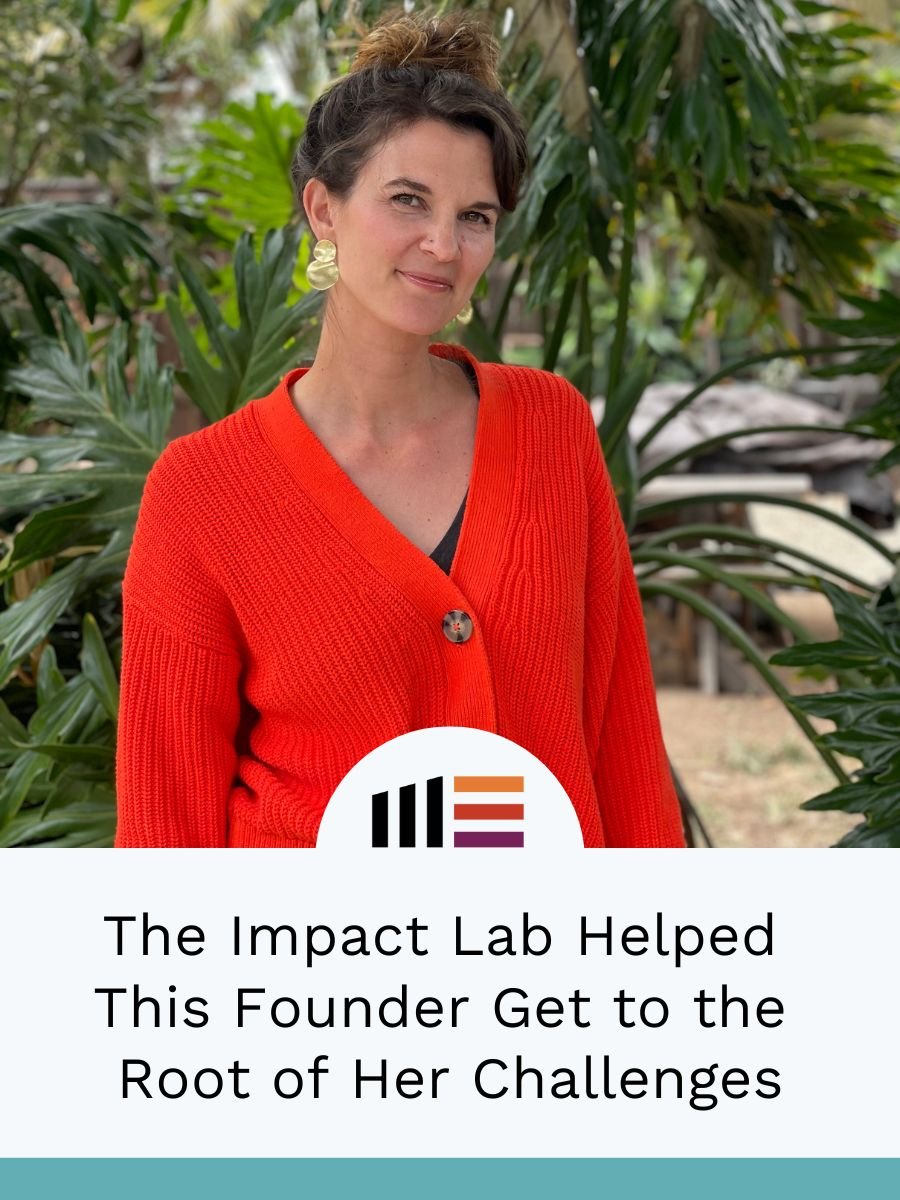Free Finance Program vs Paid Coaching: Making the Right Choice for Your SMB
So you're a small business owner, and you’re at a common crossroads: do you jump into a free finance coaching program you found online (like the Impact Lab), or do you pull out your wallet and invest in a paid financial coach?
In this article, we're going to break it down for you. We'll look at the cool stuff free programs may offer, and what you’d likely get when you pay for a coach.
If you don’t have time to read this article, know this: it’s not always about the financial investment you make, but finding a solution that’s going to best fit what your business needs at this moment. For many small business owners, finding a top-tier free coaching program like the Impact Lab is the perfect place to start.
Ready to dive in?
What is a financial coaching program?
A financial coaching program is designed to provide personalized guidance and support to individuals or businesses aiming to improve their financial health and achieve specific monetary goals.
Unlike generic financial advice, these programs offer tailored strategies and practical steps, addressing unique challenges and opportunities faced by each participant. The program typically includes one-on-one sessions with a qualified coach, alongside resources and tools for better financial management.
Key components of a coaching program include:
Personalized financial assessment: An initial evaluation can be expected with a new finance coach, which will help them understand your financial situation and identify specific areas of need.
Goal setting: You can expect to work with your coach to set realistic and achievable financial goals, whether it’s debt reduction, profit maximization, or budgeting.
Customized action plans: Your coach should develop step-by-step strategies tailored to meet your financial goals.
Regular coaching sessions: Plan on several meetings with your coach to review progress, tackle challenges, and adjust strategies as needed.
Educational resources: Your coach may give you access to learning materials like articles, webinars, or workshops to enhance financial literacy.
Accountability and support: A finance coach’s purpose is also to provide motivation and support so you can stay on track with your financial plan.
Performance tracking: Your coach can help you monitor your financial progress against your goals so adjustments can be made.
Advisory services: Your coach should be an advisor on complex financial decisions and long-term planning related to your business.
Community networking: A good finance coach will offer opportunities to connect you with peers for shared learning and support.
Understanding the Difference: Free Finance Programs vs Paid Coaching
All it takes is a quick Google search to quickly become overwhelmed by the number of coaching programs available for small business owners like yourself (both free and paid). Whether you’re prone to sign up for all of them, hesitant to sign up for any of them, or somewhere in between, we want you to feel empowered to make decisions that will actually benefit your business without wasting your time and money.
So when it comes to free finance programs you’ve found online vs. paying a coach: what’s the difference, and how do you know which is right for you?
At first glance, the difference seems straightforward – it's all in the price tag, right? It’s easy to jump to the “you-get-what-you-pay-for” conclusion when looking into both options. But business coaching is more than just dollars and cents.
Some free finance programs, especially those backed by nonprofits like our Impact Lab at Mission Edge, are usually fueled by donations and grants. This means we’re offering top-tier finance coaching – but someone else (AKA the donors) are picking up the tab. If you’ve stumbled across a program like ours, it’s worth applying, but you should first make sure that you qualify. Check out this article to make sure your small business checks the boxes for us here at the Impact Lab. all about giving back to the community, focusing on inclusivity, and ensuring everyone gets a shot at top-tier financial advice, regardless of their bank balance.
Paid coaching, on the other hand, often offers a more personalized one-on-one service, with a price that reflects this tailored approach. These coaches might have specific expertise or industry experience, but remember, higher cost doesn't always mean higher quality.
When to Consider Paid Finance Coaching
While free finance programs like Impact Lab offer incredible value, there are times when investing in paid finance coaching might be the right move for your small business. Understanding when to consider this option can be crucial for your business's growth and financial health.
Indications That Your Business Might Benefit More from Paid Coaching
If you don’t qualify for the Impact Lab or other similar free small business coaching programs, or you already graduated from one and are looking for a more permanent coaching solution, then you may benefit from a paid business coach.
Learn whether you qualify for the Impact Lab.
If that’s you – as in, you don’t qualify or have already graduated from a free coaching program – here’s how to know if you should look into a paid business coach:
If your business operates in a niche or highly specialized industry, paid coaching can provide expertise tailored specifically to your sector's unique financial challenges and opportunities.
As your business grows, you might encounter complex financial situations that require more advanced skills and knowledge, such as detailed cash flow management, investment strategies, or international finance.
Paid coaches can offer a more long-term relationship with you to develop customized strategies and solutions that align closely with your specific business goals and long-term vision.
If you're preparing to scale up or expand your business significantly, a paid coach can guide you through the financial intricacies of this process, helping to minimize risks and maximize opportunities.
While free programs have their time and scope limits, paid coaching can offer ongoing, dedicated support that's crucial for continuous financial management and long-term planning.
Choosing a Finance Coach for your Business
When seeking a finance coach for your small business, it's crucial to find someone who not only understands finance but also resonates with your business values and goals. Look for coaches who offer a personalized approach, tailoring their advice to your specific business needs. Ensure they have relevant credentials and/or experience to back their expertise. It’s also smart to check client testimonials to make sure others found them legitimate and helpful.
Here are a few recent Impact Lab alumni whose stories we are proud to share:
A good finance coach should work collaboratively with you, helping to identify key performance indicators and develop financial forecasts, all while respecting your business decisions and goals. This partnership is about guidance and empowerment, not just about giving directions.
Work with the Impact Lab’s Finance Coaches
Deciding between a free program or a paid finance coach for your small business isn't just a matter of looking at the price tag. It's about understanding what each option brings to the table and how it aligns with your business's specific needs, goals, and stage of growth.
The bottom line: if you think you *may* qualify for a free program like the Impact Lab, you should start there. We offer finance coaching for free because our program is funded by donors who want to help small business owners like you.
Want to keep the inspiration going? Read more success stories.
See how Impact Lab could help you gain financial clarity for your business in 2024
Join the next cohort!


















